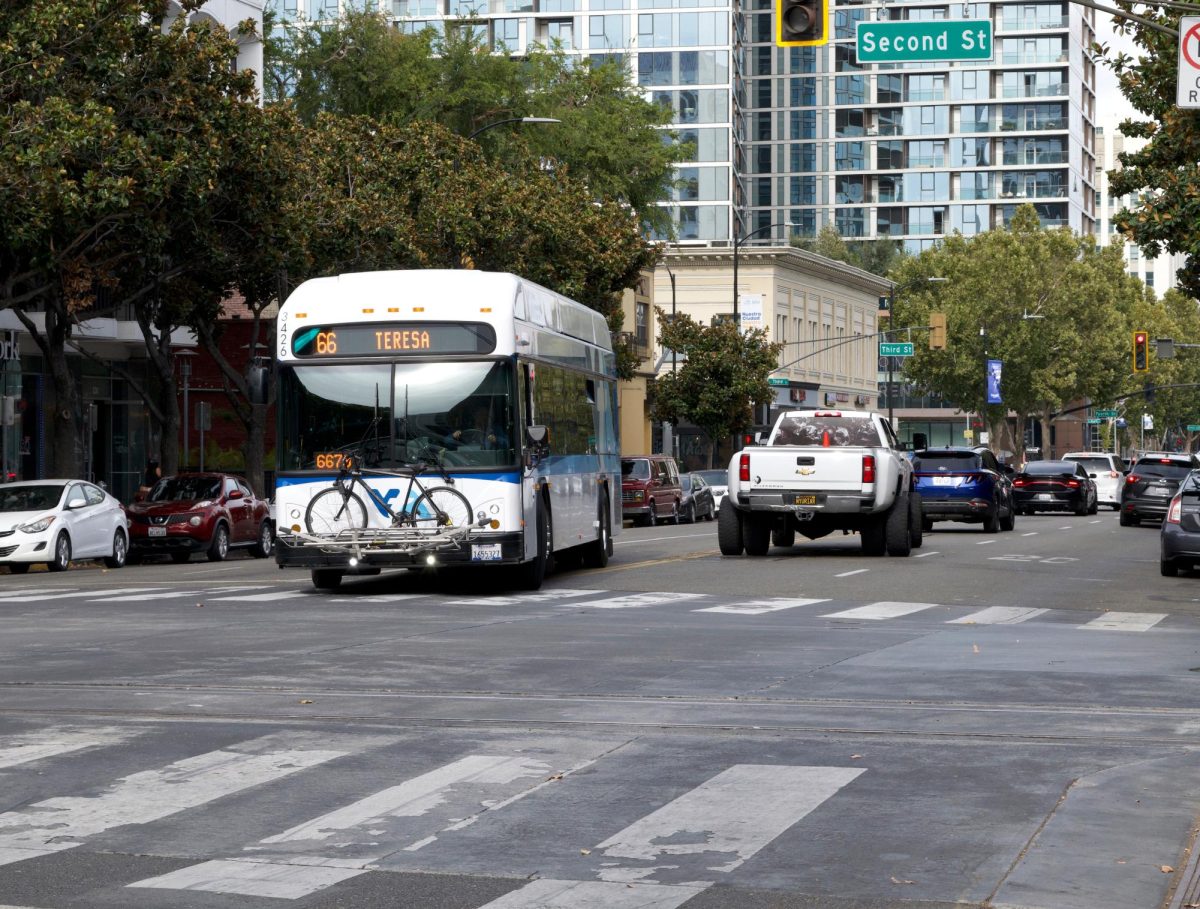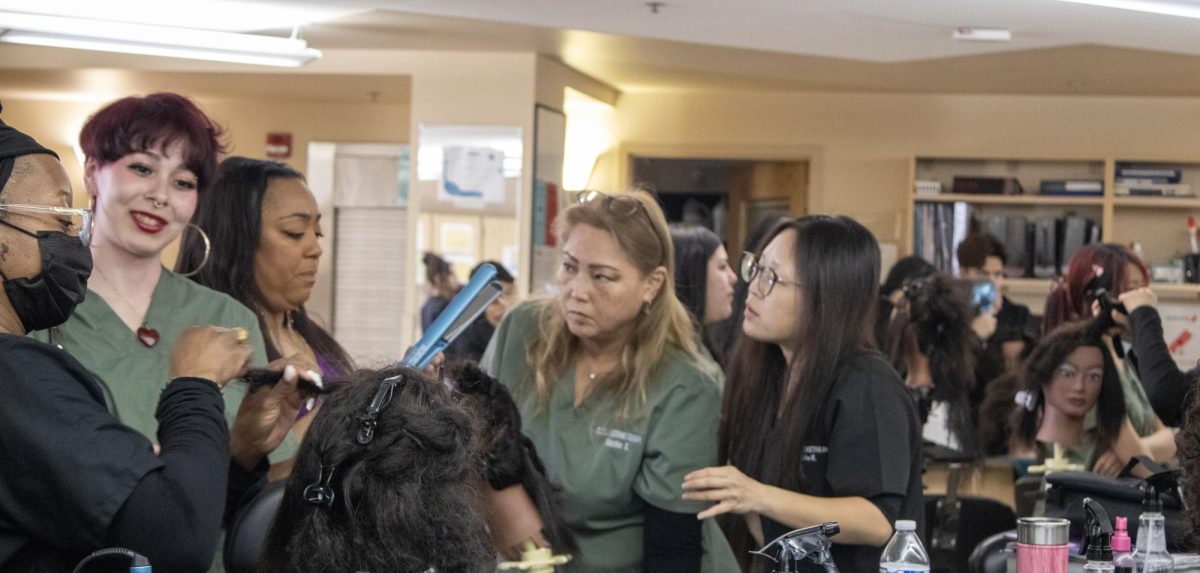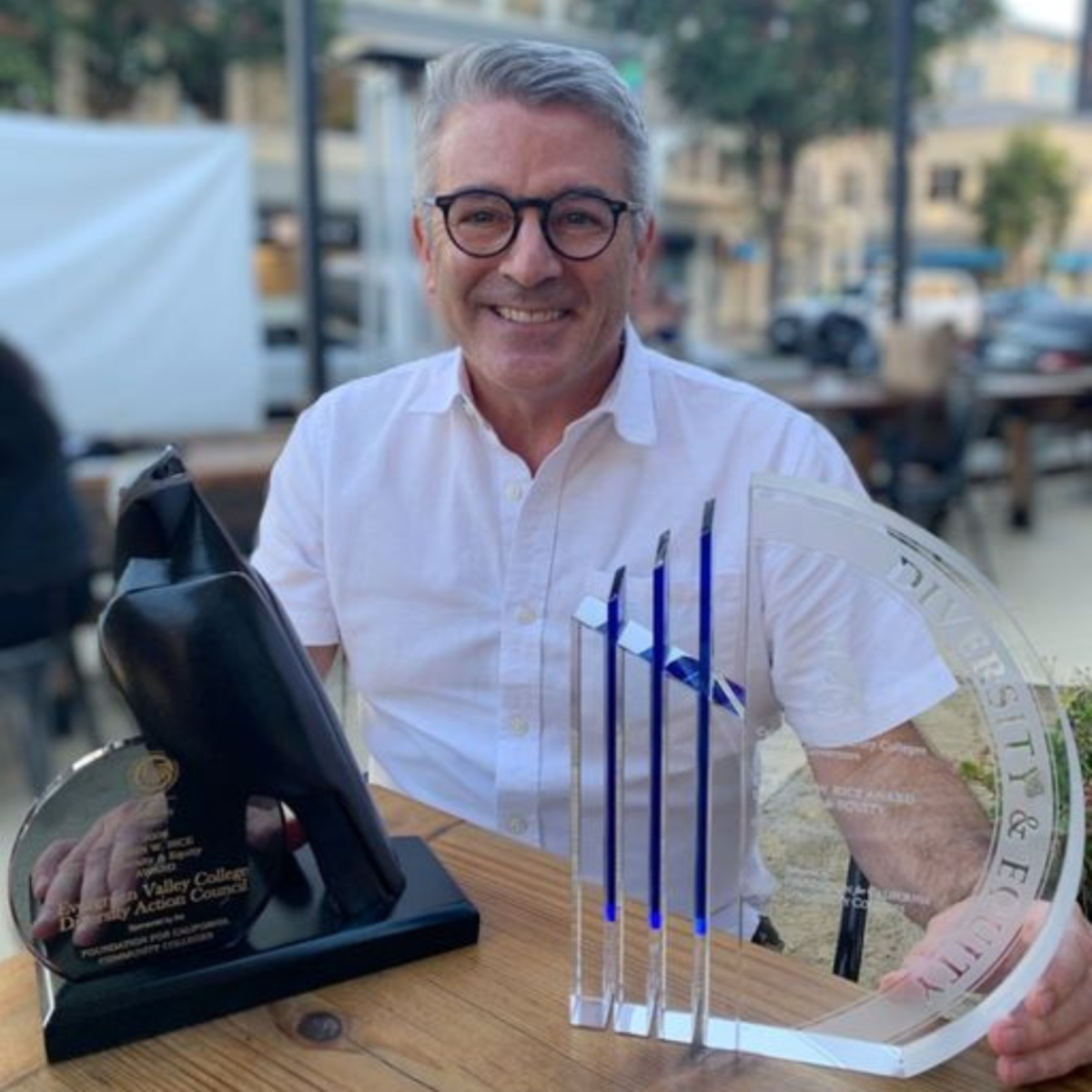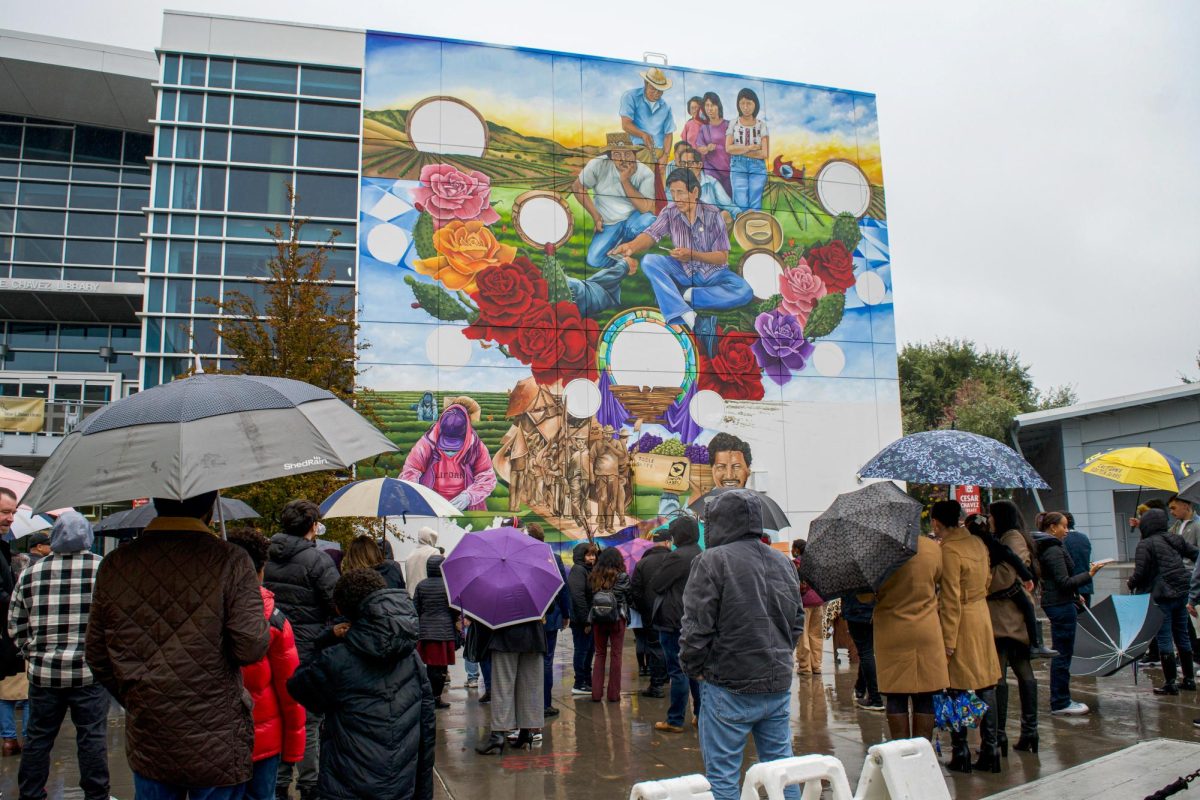Mecha gave two social justice advocates a platform over Zoom on March 23, to tell their experiences with police violence and how to help the community.
Valdez and Tiny spoke about the ways police violence have affected their lives. Both have different experiences, nonetheless they both have a common goal.
Valdez lost her husband, Antonio Guzman Lopez, to police violence.
She said that his death traumatized her son, Joshia. This led her to notice the lack of trauma support in schools and in police training.
“One seven million students are in schools with police, but no counselors. 3 million students are in schools with police, but no nurses. 10 million students are in schools with police, but no social workers,” Valdez said. “This is a problem because we are investing resources into policing.”
The statistics that Valdez demonstrated to the audience she said were the building blocks of the school to prison pipeline. She voices her concern that students aren’t given resources for their mental health/trauma.
She reinforced with examples of other victims of police violence, victims such as those who call 911 when having a mental breakdown.
“We had Philip Walkins, who he called the police himself, for he was having a mental health breakdown. Within seconds of arriving they shot him down in front of his 2-year-old daughter who was sitting in a car nearby,” Valdez said.
Tiny ties those victims and calls with her presentation; she explained the police violence that happens to the homeless and people of color.
Tiny shares her story of growing up homeless with her mother, who was disabled and unable to work. She spoke about how policemen have thrown her belongings and displaced her.
“When people call the cops on us, cause they don’t want to see us in their neighborhood,” Tiny said. “Many of our brothers and sisters who are houseless, you never see. Because like me and ma (her mother) we had to hide when we were unhoused.”
Videos were shown to the audience of policeman bodycams of an escalated situation as well as video testimonies of those who were in her previous positions.
“Sometimes people just want to solve the ‘homeless problem,’ we are not all one thing, because we don’t have access to a roof. There are people with deep mental illness, then there are folks who use substances, then lastly there are a lot of families who struggle right now,” Tiny said.
“People do not have to make this giant move to solve our problem, because we’re all different people,” she said.
Today, both advocates have organizations that they work hands-on to target these issues.
Laurie Valdez founded Justice4Josiah.org, where she has information on how to help the community to fight against police violence and information on trauma counseling.
Tiny is the co-founder of POOR Magazine that has made publications informing the public on homelessnes issues as well as community issues.







